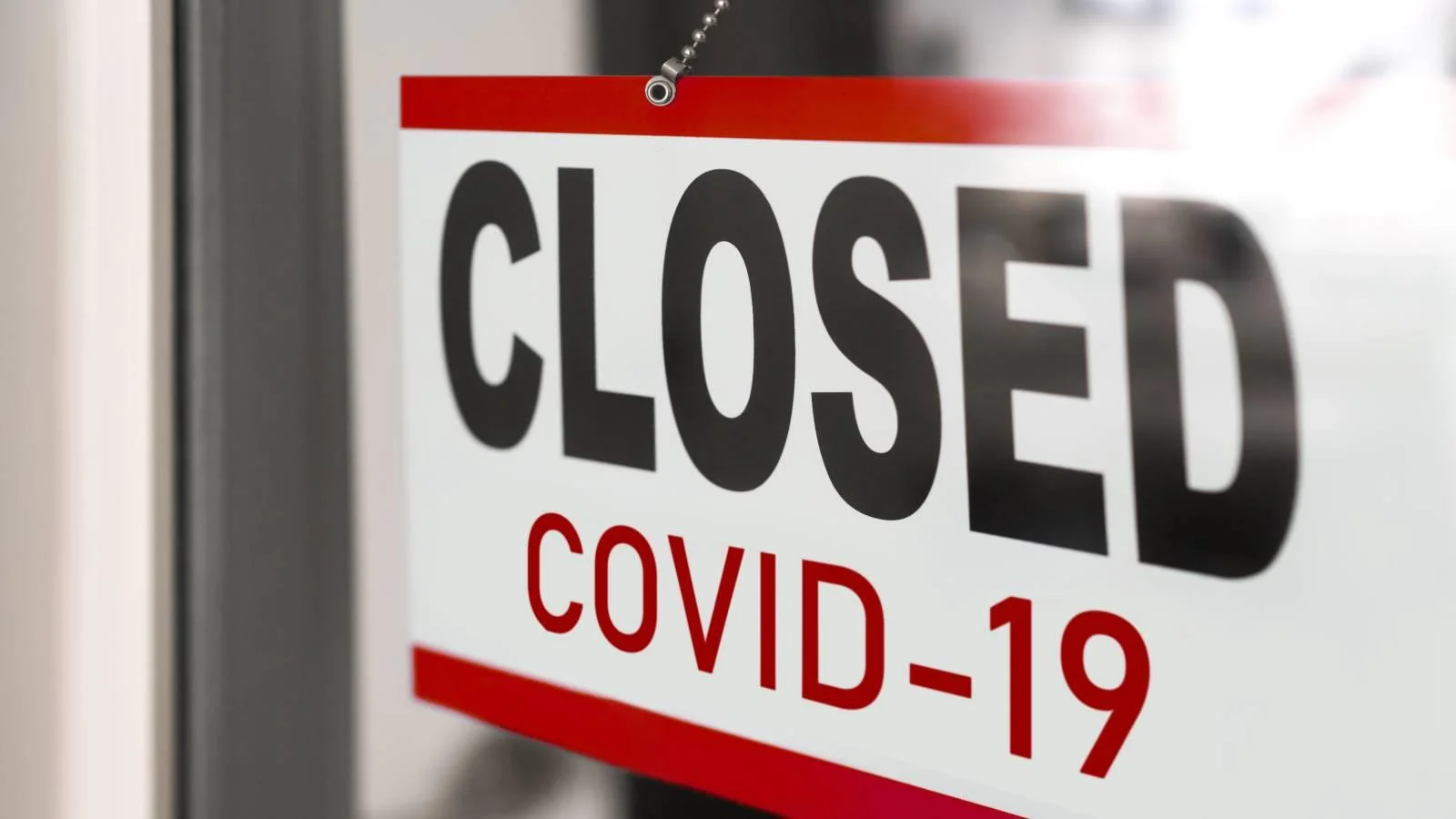COLUMBIA, S.C. (Legal Newsline) – The South Carolina Supreme Court has ruled against restaurants seeking to recover the financial drain of the COVID-19 pandemic from their insurers.
In response to a certified question from a federal judge, the court said on Aug. 10 that the presence of COVID at or near restaurants and the government shutdown/social distancing orders do not constitute “direct physical loss or damage” that would trigger coverage from their insurer.
The ruling deals a significant blow to Sullivan Management’s lawsuit against Fireman’s Fund Insurance Company, Allianz GLOVAL Risks and US Insurance Company. Submitting amicus briefs were groups like the American Property Casualty Insurance Association and United Policyholders.
“The policy’s restoration period provision limits business interruption coverage during the period of restoration, or put differently, the time for the physical loss or damage to be ‘repaired, rebuilt or replaced with reasonable speed and like kind and quality,’” the decision says.
“While Sullivan took steps to mitigate the spread, such as increasing cleaning or installing plexiglass, these acts are different than restoring damaged or lost property. In other words, Sullivan had nothing to ‘repair, replace or rebuild,’ thus further demonstrating that direct physical loss or damage requires something material and tangible.”
Sullivan is pursuing other theories – like whether expenditures to mitigate COVID-19 qualify for Loss Avoidance or Mitigation Coverage – will press on, as the Supreme Court did not address them.
Sullivan Management operates several Carolina Ale House establishments in the state. It sued Fireman’s after a March 17, 2020, executive order from the government shut down restaurants, as did many other establishments around the country dealt similar problems.
The South Carolina ruling said it was aware “of the tidal wave of litigation” in the U.S., it relied only on South Carolina law to reach its decision.
“While the order prohibiting indoor dining certainly affected Sullivan’s financial well-being, the order itself was not directly physical,” it said.
